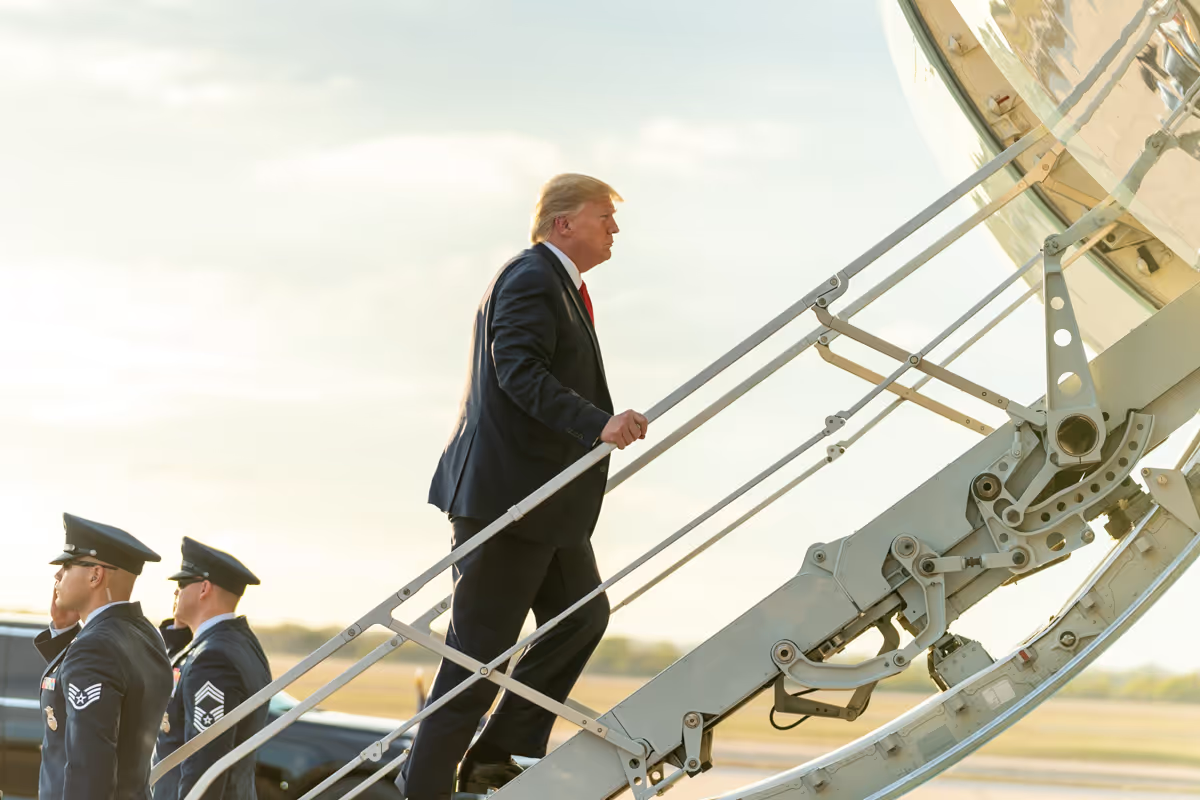- National strategy plan proposes "biotech moonshots", global biotech standards, and securing biotech platforms against rival nations, especially China.
- The plan stresses treating genomic data as a strategic resource and highlights the potential of biotechnology to revolutionize sectors like health and agriculture.
Overview:
Authors: Special Competitive Studies Project (SCSP)
Publishing Date: April 23, 2023
Publishing Organization: Special Competitive Studies Project|
Executive Summary:
The Special Competitive Studies Project (SCSP) has released a comprehensive National Action Plan to establish U.S. leadership in biotechnology. This plan outlines strategic initiatives to harness biotechnology's transformative potential for national security, economy, society, and healthcare.
Background:
Biotechnology, a multi-trillion dollar sector, is pivotal in transforming industries like agriculture, health, industrials, materials, and energy. The U.S. currently leads in genetic engineering and molecular biology, but faces competition from countries like China. This plan is part of a broader effort by SCSP to enhance America's competitiveness in emerging technologies.
Issue Description:
The U.S. is at a critical juncture in securing its biotech future. Key challenges include maintaining global leadership, competing with nations like China, integrating biotech across various sectors, and managing the transition from lab breakthroughs to commercialization.
Policy Options:
- Investing in Biotech Moonshots: Focusing on projects like the Annotated Non-Human Genome Project and National Medshield.
- Strengthening Biotech Infrastructure: Enhancing domestic biomanufacturing capabilities and aligning the biotech standards ecosystem.
- Empowering Innovation Ecosystem: Establishing University Centers of Excellence and expanding biomanufacturing institutes.
- Building Global Bionet: Creating an early warning system for bio-related incidents.
- Developing Talent: Growing a skilled biotech workforce and attracting global talent.
Policy Recommendations:
- R&D Investment: Significant investment in biotech research and development.
- Public-Private Collaboration: Strengthening partnerships between government, academia, and industry.
- Regulatory Framework: Updating regulations to foster innovation and competitiveness.
- Global Leadership: Leading global efforts in setting biotech standards and ethics.
- Security Protocols: Implementing stringent security measures to safeguard biotech advancements.
Conclusion:
The National Action Plan for U.S. Leadership in Biotechnology is a strategic blueprint for securing America's biotech future. It emphasizes the need for substantial investment, innovative policy-making, and global collaboration. Success in these endeavors will ensure U.S. leadership in biotechnology, benefiting national security, economic growth, and global health.
This policy brief is a high-level summary and does not encompass all the details of the comprehensive plan. For a full understanding, it is recommended to review the entire National Action Plan document.











